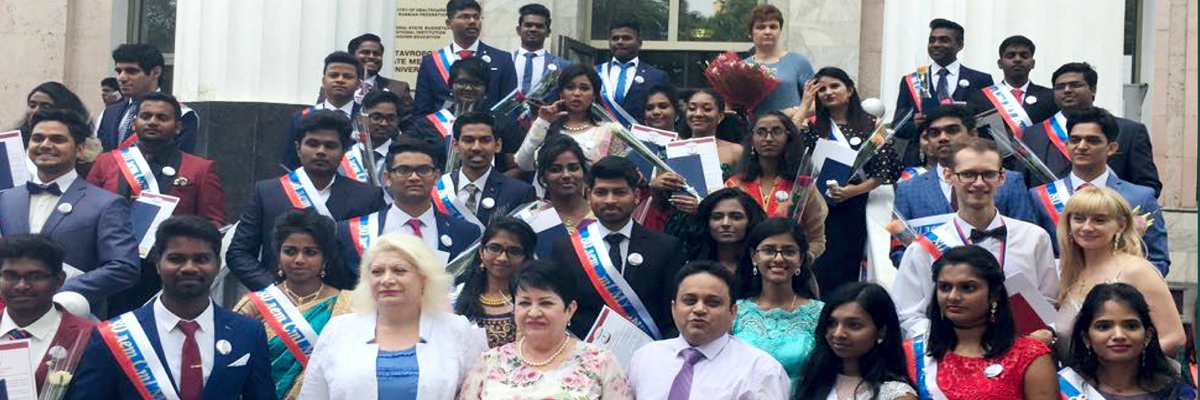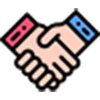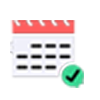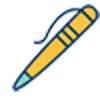- Home
- About Us
- Chairman’s Desk
- Countries
- Services
- Gallery
- Admissions
- Bon Voyage
- Convocation
- Academic Selection
- Russian Victory Day
- Sports
- En Route Russia
- Our Students
- Our Students @ Work
- Cultural Programs
- University Toppers
- Free MCI Coaching Session
- Forum of Russian @ former USSR graduates of India -2017
- Latest Technology & Innovation for Medical practical & Teaching at Stavropol
- Credentials
- Testimonials
- Blog
- Reach Us

THE-RUSSIAN-EDUCATION-SYSTEM
THE RUSSIAN EDUCATION SYSTEM
While Russian students have to seek admission to the universities through competitive exams, no such regulations apply to international students. The universities do not charge any capitation fees nor is any donation required to be paid. The cost of study is also very reasonable and affordable, which is another great attraction for international students.
A number of Russian medical universities offer courses with English or French as the medium of instruction. In case the student opts to study in Russian medium, he / she would have to undergo one academic year in learning the Russian Language prior to the commencement of the chosen course. Those who opt for the English or French Medium do not have to undergo the language course, but learn the Russian language as part of the regular curriculum.
International students are taught in groups of 9 to 12 per batch. The faculty comprises specialized and dedicated teaching staff, many of whom hold Doctorates or are Members of the Russian Academy of Sciences, and may have worked or taught in USA, UK, France, Germany etc.
The curriculum is very well structured and advanced, on par with any western country. Academic progress is monitored through regular tests in each subject and the student is permitted to take the final exams only after he or she has passed all the test papers. Evaluation in both the test as well as the exam is done on a 5-grade scale where 5 marks represents Excellent (80% & above), 4 marks represents Good (60% to 80%), 3 marks represents Satisfactory or Pass (50% to 60%) and 2 marks & less represents Unsatisfactory or Fail. Students are allowed three attempts with a gap of at least one week between attempts to pass the exams. In this way, the system ensures that the pass percentage in Russian universities is high, and the weaker students do not have to lose an academic year.
Another interesting feature of the education system in Russia is that the Tests as well as the Examinations are conducted viva voce rather than through written answers. By this, the knowledge and understanding of the subject by the student is assessed rather than his / her ability to memorize the answers and reproduce them in writing.
There are two semesters each year: September 1st to January 25th, and February 9th to June 30th. Winter vacations are from 26th January to 9th February while the summer vacation is from July 1st to August 30th.
AJ TRUST EDUCATIONAL
AJ TRUST EDUCATIONAL
AJ TRUST EDUCATIONAL
AJ TRUST EDUCATIONAL
stavropol state medical university
kuban state medical university fee structure
mbbs in russia consultant mbbs in russian consultant mbbs admissions in russia consultantmbbs in russia consultantstudy medicine in russiamedical pg in russiarussian medical college feesmedical in russia consultantstudy in Russia consultanteducational consultants in russiamedicine study in Russia consultantmedicine courses in russia consultantStudy mbbs in russia medicine courses in russiambbs in russiastavropol state medical university fees structurekuban state medical university fee structure kuban state medical universitystavropol state medical universitystudy pharmacy in russiabds course fees in russiambbs in russia feesrostov state medical universitymci approved medical colleges in russiarostov medical university fees structuremedical colleges abroad russia mbbs fee structurestavropol medical university russia feesural state medical university feesmbbs study in russiavolgograd state medicaluniversity fee structurembbs admission in russiamci recognised medical colleges in ukrainembbs in russia for indian students russia medical collegebest medical colleges abroadmedicine courses in indonesia consultantmedical in Russia consultants in Top Courses in Russia MBBS in Russiastudy in Russiambbs in russian consultantmedicine courses in singapore study medicine in russia consultanteducational consultants in indonesia mbbs admissions in russiaMedical Colleges in RussiaTop Medical Colleges in Russiambbs in Russiambbs in Russia for Indian students
AJ TRUST EDUCATIONAL
AJ TRUST EDUCATIONAL
AJ TRUST EDUCATIONAL
AJ TRUST EDUCATIONAL
stavropol state medical university
kuban state medical university fee structure
About Us
A. J. T. Educational Consultancy
Is a prime educational consultancy in India, Malaysia and other Asian countries. It is well known that the medical profession is among the most popular respected and attractive career choices in India.
Offices
Toll Free Number :
1800-891-6455
Chennai:
044 – 26614485 | 25322021 |+91 98406 52729 | 98408 88071 | 93800 05652
Madurai :
0452 – 2621088 | 9840800632 | +91 : 93441 59534 | 9840454604
Delhi :
011- 45706691 | 46242299 |
+91 9810 132 299 / 9599240873
Regional and Branch Office
Bangalore
: 09886863393 | (080)-26670932Kerala:
9884660866Hyderabad :
9092394805 | 7337021013 | 7330671013
M.P
: 7583010111Punjab
: 8699836343Bihar
: 7250393666 | 9546652746Manipur :
8974930350Overseas Branches
Stavropol:
(+7)9887034221 | 9887452692 | 9881165870Volgograd:
(+7) 9272539395Hyderabad:
9 092394805 | 7337021013 | 7330671013Moscow:
(+7) 9671569161 | 9260777486UAE – Dubai:
(+971-50) 6927593 Partner With Us
Partner With Us Latest Event
Latest Event Apply Now
Apply Now
AJ Trust Consultancy – MBBS in Russia, Russian MBBS consultant in Chennai |
Proudly Powered by Trivam Techno Solutions.
